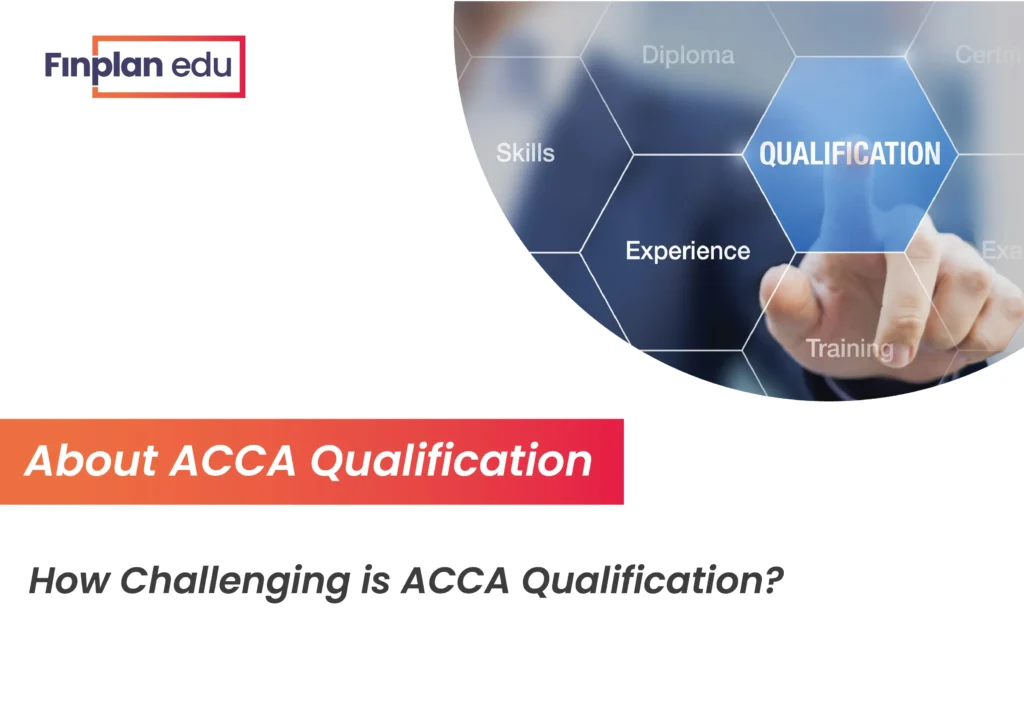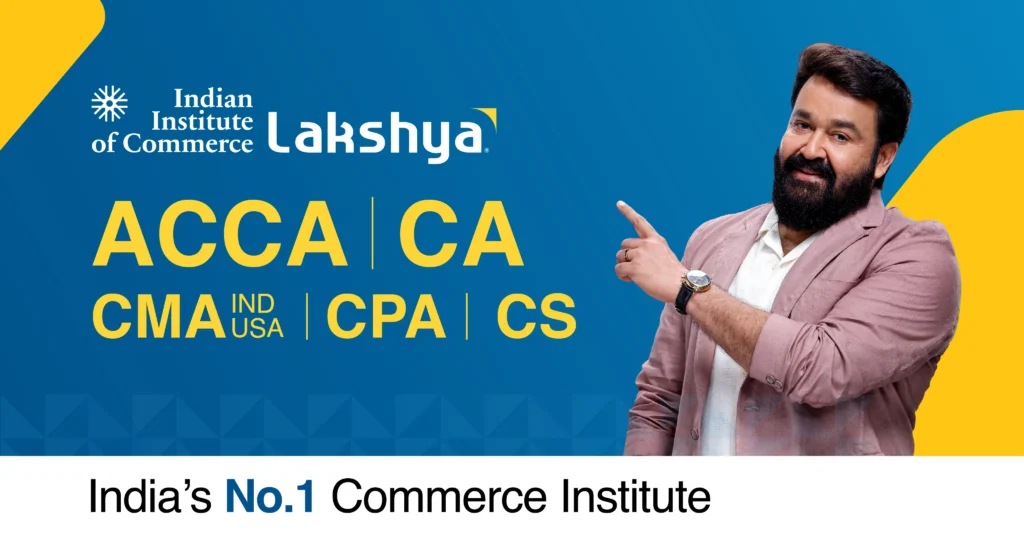It is important that whatever profession we choose, it should reflect the skills that we always wanted. One qualification that will give you a number of skills and has been valued by employers all around the world is the ACCA course, a preferred choice for those aspiring for a career in finance and accounting. We will now get into the details of the ACCA course, ACCA syllabus, its structure, benefits, and the qualifications involved.
ACCA Course Structure
The Association of Chartered Certified Accountants, the qualification consists of ACCA subjects to justify its value, each level of the ACCA qualification is designed to build upon the knowledge gained in the previous level. Here’s a breakdown of the levels: –
1. Applied Knowledge Level
At this entry level, candidates are introduced to the fundamentals of accounting and finance. This level consists of three modules:
- Business Technology: Focuses on technology’s role in business and how it affects processes and operations.
- Management Accounting: Covers essential management accounting principles and practices.
- Financial Accounting: Introduces financial accounting concepts and prepares candidates for reporting financial information.
2. Applied Skills Level
Upon completing the Applied Knowledge Level, candidates progress to Applied Skills, which includes six examinations:
- Corporate and Business Law: Analyses the legal framework within which businesses operate.
- Performance Management: Focuses on budgeting, decision-making, and performance evaluation.
- Taxation: Provides an understanding of taxation principles and practices.
- Financial Reporting: Teaches the preparation and interpretation of financial statements.
- Audit and Assurance: Explores the principles of auditing and assurance engagements.
- Financial Management: Covers the principles of financial management and the management of financial resources.
3. Strategic Professional Level
The final level is divided into Strategic Professional and Strategic Professional Options, which includes:
- Strategic Business Leadership: Integrates various topics and includes real-life case studies.
- Strategic Business Reporting: Advanced financial reporting concepts and standards.
Candidates then choose two from four optional papers that align with their career goals:
- Business Technology
- Risk Management
- Advanced Management
- Advanced Audit
You Are Making the Right Choice
Choosing ACCA is a smart decision for aspiring accountants due to its global recognition, comprehensive curriculum, and flexibility. It enhances career prospects, offering opportunities for specialization and international mobility. With ACCA syllabus, you gain valuable skills and a professional network, making it an excellent investment in your future as: –
- The ACCA qualification is valued by employers around the world. It provides job opportunities across various sectors, private industry, and also the public sector.
- The ACCA syllabus covers a broad range of topics, equipping candidates with the necessary skills and knowledge to navigate complex financial landscapes.
- With a blend of online learning and in-person classes, ACCA offers flexibility to suit different learning styles and schedules. This makes it easier for professionals to study while working.
- As an ACCA member, you become part of a global network of professionals. This provides opportunities for networking, sharing best practices, and even mentorship.
- Many employers prefer candidates with ACCA qualifications due to their comprehensive skill set in accounting, taxation, law, audit, and finance, offering a competitive edge in the job market.
Getting Started with ACCA – Entry Requirements
- To enrol in the ACCA program, candidates typically need to have completed secondary education or possess a recognized accounting qualification. However, ACCA also offers exemptions for candidates with prior qualifications in accounting.
- Candidates with certain prior qualifications like Bachelors of Commerce or a CA or may receive exemptions from certain ACCA subjects exams, allowing them to enter the Applied Skills or even the Strategic Professional levels.
- In addition to passing the exams, candidates must complete a practical experience requirement. This involves 2 years of relevant work experience in finance or accounting roles. Candidates can fulfil this requirement before, during, or after passing their exams. The experience can be gained in various environments, providing a diverse learning opportunity.
Study Methods
ACCA offers a flexible learning approach, letting candidates choose how to study. Options include:
- Self-Study: Using ACCA’s study materials, including textbooks and online resources.
- Classroom Learning: Attending classroom courses is most recommended, Zell Education offers ACCA courses designed to help students with essential accounting skills and knowledge. With expert faculty, flexible learning options, and personalized support, Zell ensures students are well-prepared for exams and career growth. Join Zell Education to achieve your ACCA qualification and enhance your professional opportunities.
Conclusion
With its global recognition, comprehensive curriculum, and flexibility, the ACCA course and qualification is an excellent investment for those looking to build a successful career in accounting and finance. It provides great opportunities for personal and professional growth. Whether you’re starting your career or seeking to advance in your current role, becoming an ACCA-qualified accountant can open up a world of possibilities.
If you’re ready to take the next step in your journey toward ACCA qualification, consider your entry options, study methods like online classes or live classes, and career goals, and embark on a career path that promises growth, excitement, and many opportunities in India and also internationally.



